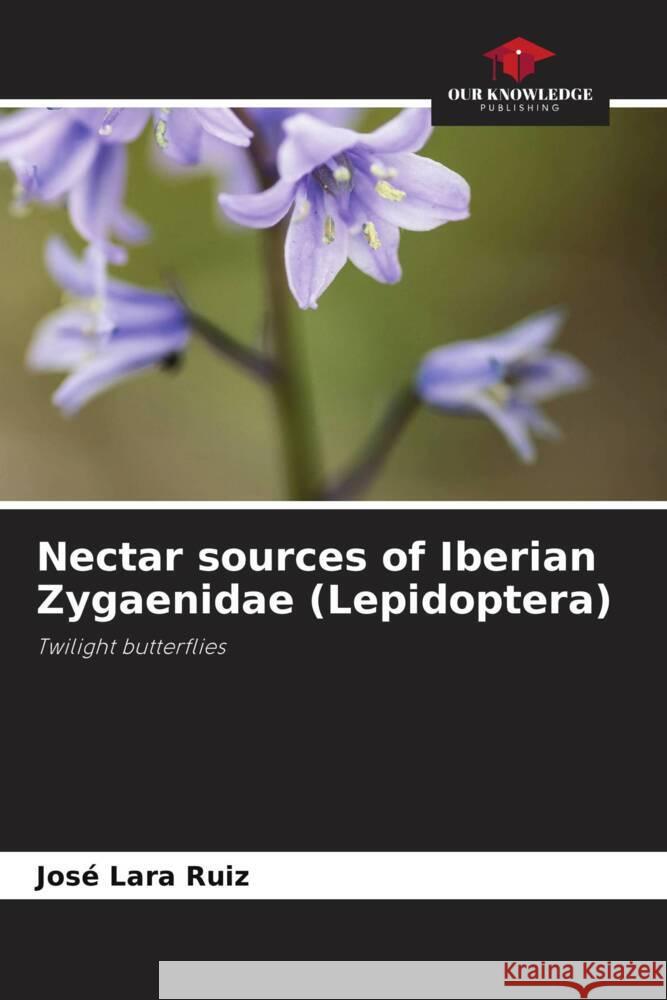Nectar sources of Iberian Zygaenidae (Lepidoptera) » książka
Nectar sources of Iberian Zygaenidae (Lepidoptera)
ISBN-13: 9786205218358 / Angielski / Miękka / 68 str.
Zygaenidae play a critical role in many ecosystems: that of pollinators. Pollination is a mutualism, an ecological relationship in which both members of the pair obtain a benefit. The pollinator obtains food in the form of nectar (and sometimes pollen) from the flower, while the plant is pollinated, i.e., fertilized and can produce seeds that will grow into the next generation of plants. The Zygaenidae, although moths, have crepuscular activity. These diurnal moths are avoided by birds and other predators because both adults and larvae are capable of releasing hydrocyanic acid (HCN), which has allowed many to engage in complex mimicry relationships. Adults have a well-developed proboscis and commonly visit flowers. Zygenids are small to medium-sized Lepidoptera. They frequent a great diversity of flowers to feed on nectar. Pollination by these butterflies has been documented, especially in orchids.











